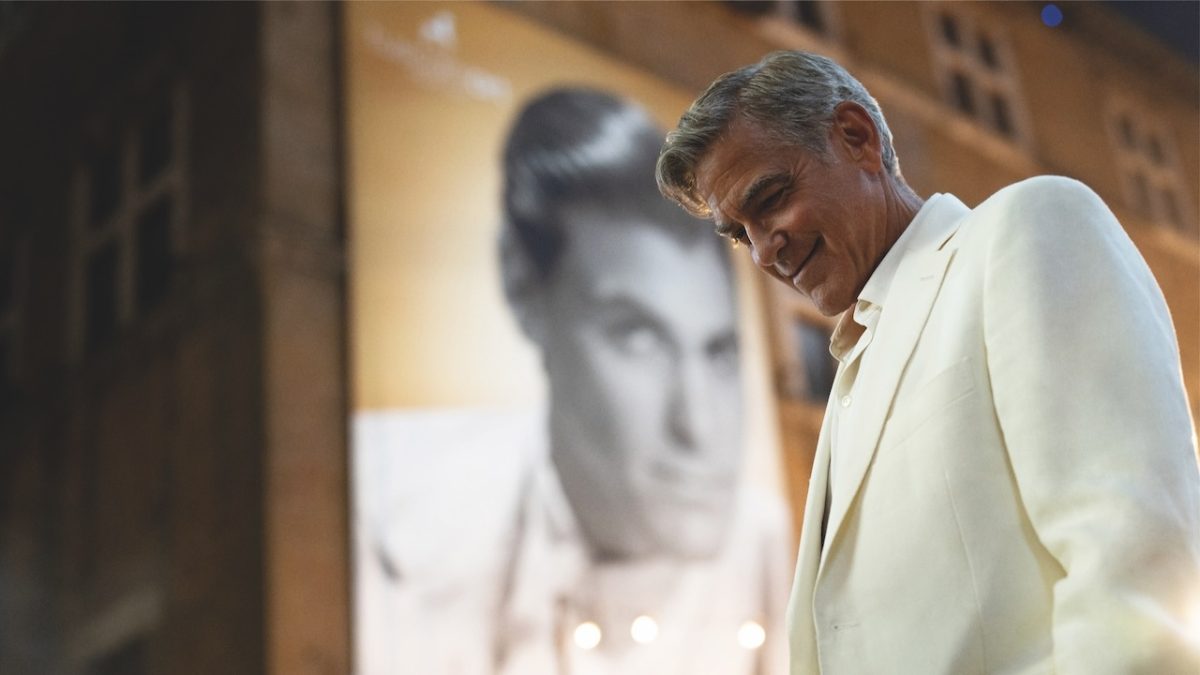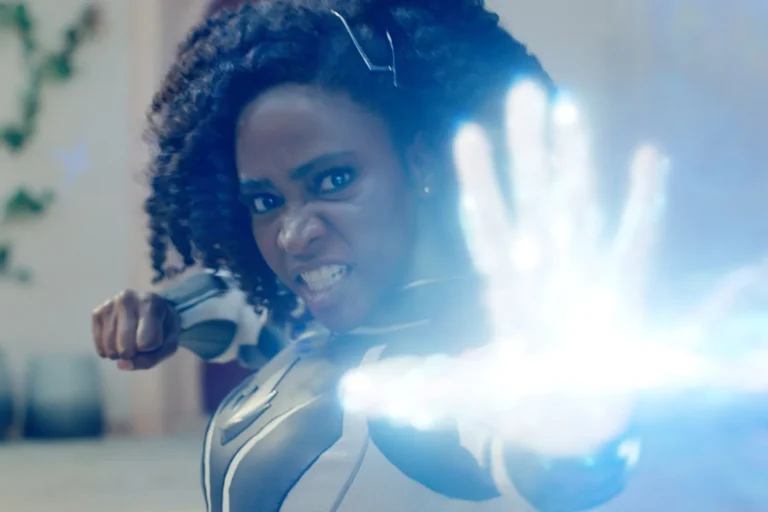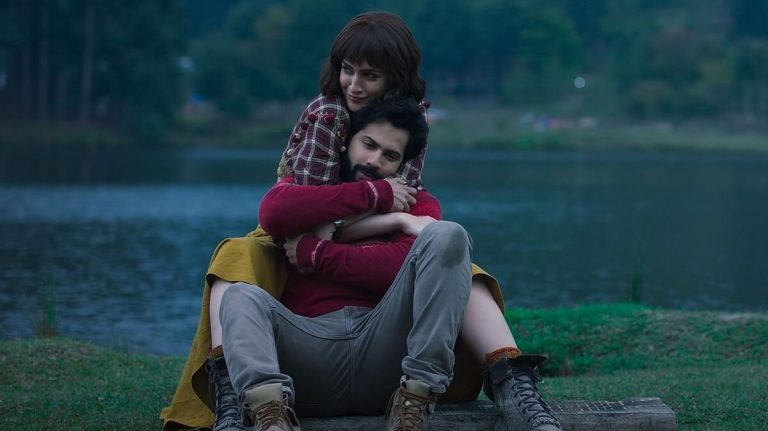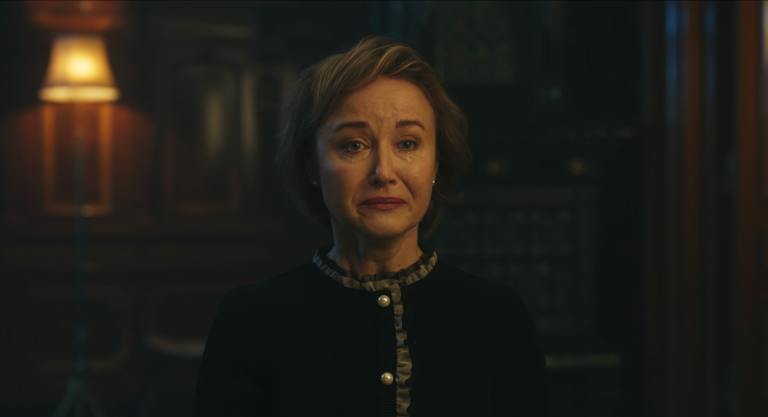Over the past decade, cinema has increasingly turned inward, dismantling the myths and figures it once upheld with reverence. What began with European auteurs like Lars von Trier in “Melancholia” or Michael Haneke in “The White Ribbon” has gradually seeped into Hollywood, where filmmakers now interrogate their own craft and, by extension, the industry that sustains them. Yet this impulse has often been blunted by works that posture more than they probe—films that lean toward condescension or collapse into self-indulgent laments about the burden of creation.
Against this backdrop, the question of sincerity looms large. How does a filmmaker humanize a central figure without lapsing into self-mythology? How can a portrait of a celebrity resist both reverence and ridicule? Some of the most resonant films of recent years have answered by striking that fragile balance—revealing not only the allure of public personas but also the raw fragility beneath them. They remind us that those who appear untouchable are just as vulnerable to escape, self-sabotage, and longing as the rest of us.
With “Jay Kelly”, Noah Baumbach steps directly into this terrain. The film opens with a dazzlingly staged sequence: Jay Kelly (George Clooney), a celebrated movie star, performs a death scene on a soundstage. This introduction doesn’t merely showcase performance; it announces the film’s preoccupation with mortality—one slyly echoed later when Kelly’s manager Ron (Adam Sandler) remarks on the unpredictability of death in a city like Los Angeles.
From there, the story follows Kelly, Ron, and his publicist, Liz (Laura Dern), across Europe, tracing a journey through personal choices, relationships, and lingering legacies. As the line between man and myth dissolves, Baumbach invites us to reconsider the cost of fame and the authenticity of those who chase it.
Also Read: The 8 Best Adam Sandler Movies
Kelly’s unraveling doesn’t take long to surface. News of a longtime mentor’s passing sets his unease in motion, but deepens when an encounter with a former roommate (played with quiet poignancy by Billy Crudup) reopens old wounds. As the narrative winds through the lush landscapes of Europe, Kelly drifts between the magnetic image he projects to the public and the fractured self that shadows him.
This duality surfaces in moments of psychic intrusion—where the persona interrupts the narrative like an unwelcome echo. These interludes compel Kelly to reckon not only with what he represents to others but also with what he has neglected in himself: the bonds once central to him, now frayed by distance and neglect.
Baumbach’s writing has long been attuned to the shadows artists cast on culture—and the darker ones they carry within themselves. Across his most seminal works, his dialogue and staging have revealed how self-absorption and self-awareness often coexist in creative lives. With “Jay Kelly”, he channels that same energy through the glitziest persona of all. Through Clooney’s layered performance, Baumbach toys with dismantling the very idea of the Hollywood leading man. The result plays less like a simple career retrospective than a portrait of a man undone by his own contradictions—his artistry and charisma forever at odds with the intimacies he cannot sustain.
Must Check Out: 10 Best Films of George Clooney According to Rotten Tomatoes
Yet this is also where the film occasionally stumbles under the weight of its own design. Lines that too explicitly underline its themes—an uncharacteristic slip for Baumbach—tip the story from inquiry into instruction. “Maybe your memory is trying to tell you something about the present,” Ron tells Kelly at one point. It’s a line that strains against the film’s more incisive satire, softening what might have been a sharper cultural critique into something closer to self-absolution. Still, the film’s tonal balance remains anchored by Nicholas Britell’s score (composer of “Succession”), whose orchestral restraint lends emotional continuity where the script sometimes overreaches.
During a conversation at the New York Film Festival with director Joachim Trier, Baumbach and the “Sentimental Value” auteur discussed the idea of “action empathy”—the notion that audiences empathize not only by imagining but by internally performing what they witness on screen.
The finest films about Hollywood, or about filmmaking itself, operate on that somatic level. We don’t just feel their emotion; we inhabit their thoughts and movement. “Jay Kelly” often approaches that register, especially in its moments of stillness and reflection. Yet its occasional reluctance to hold its protagonist fully accountable keeps the film just shy of transcendence. It moves us, but cautiously—as if wary of confronting the very illusions it seeks to expose.
In the end, “Jay Kelly” feels less like a story about a man than about the performance of being one—about the constant negotiation between truth and the image we cast into the world. Baumbach isn’t interested in offering redemption or resolution. Instead, he observes his protagonist with a mix of distance and tenderness, as though he knows that no confession can ever outpace the myth that sustains it.
Clooney plays this contradiction with a kind of weary grace, turning vanity into vulnerability, fame into fatigue. By the time the film circles back to where it began—the stage, the lights, the practiced gestures—we’re left sensing that the act itself was never the illusion. The illusion, perhaps, was believing there was anything substantial behind it.

![Madres [2021] Review: A Half-baked Political Horror Film that Misses more than it Hits](https://79468c92.delivery.rocketcdn.me/wp-content/uploads/2021/10/Madres-2021-Movie-Review-3-768x432.jpg)




![Crip Camp [2020] Netflix Review – An Uplifting Documentary on Disability Rights Movement](https://79468c92.delivery.rocketcdn.me/wp-content/uploads/2020/04/Crip-Camp-2020-768x512.jpg)